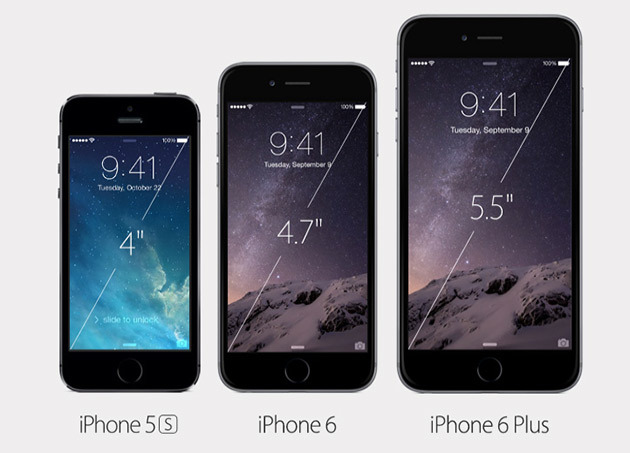If you are an iPhone user, there is a fear each time the new version of iOS rolls out. There is a general awareness that when a new variant of iPhone or a new update is launched out by the company, the older versions tend to get more sluggish. Somehow, this faith has, by design, turned out to be a reality and the company has had to face a number of criticisms over it. Currently, a benchmarking firm, Futuremark, has exposed this fact.
A post on the website of the company says, “Our benchmarking details displays that, more willingly than intentionally mortifying the performance of old models, the company really does a fine job of backing its old handsets with usual upgrades that uphold a consistent height of performance all over the iOS variants.”
The firm collated information from over 100,000 benchmarking trails conducted on iPhone versions beginning from iPhone 5S till the last generation iPhone 7. They then averaged the working of the graphics chip and the processor for 18 Months once a month from April 2016 to September 2017. The firm did benchmark trials on gadgets that had iOS 11, 10, and 9.
Futuremark clarified in its post, “The performance if GPU stayed reliable to iOS 11 from iOS 9, with only small versions that fall well inside normal stages.” It additionally claimed that it was obvious that updates to iOS do not have a noteworthy impact on the performance of the gadget. Even if there was a drop, it was not something that consumers might note on a daily basis.
Having claimed this, Futuremark also highlighted out, “There are some causes that may impact user’s insight of performance after upgrading an old handset with a latest variant of iOS.” An upgrade may include new aspects that utilize more sources or need more power for processing, it further claimed. “There is always the psychological impact of being aware that there is an improved and new model accessible, which can make your own handset seem out-of-date,” the company concluded further in the report backing the iPhone maker.

